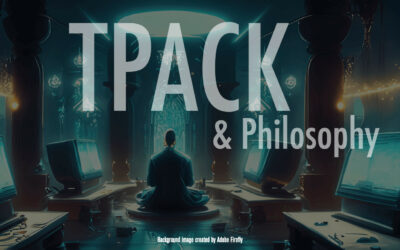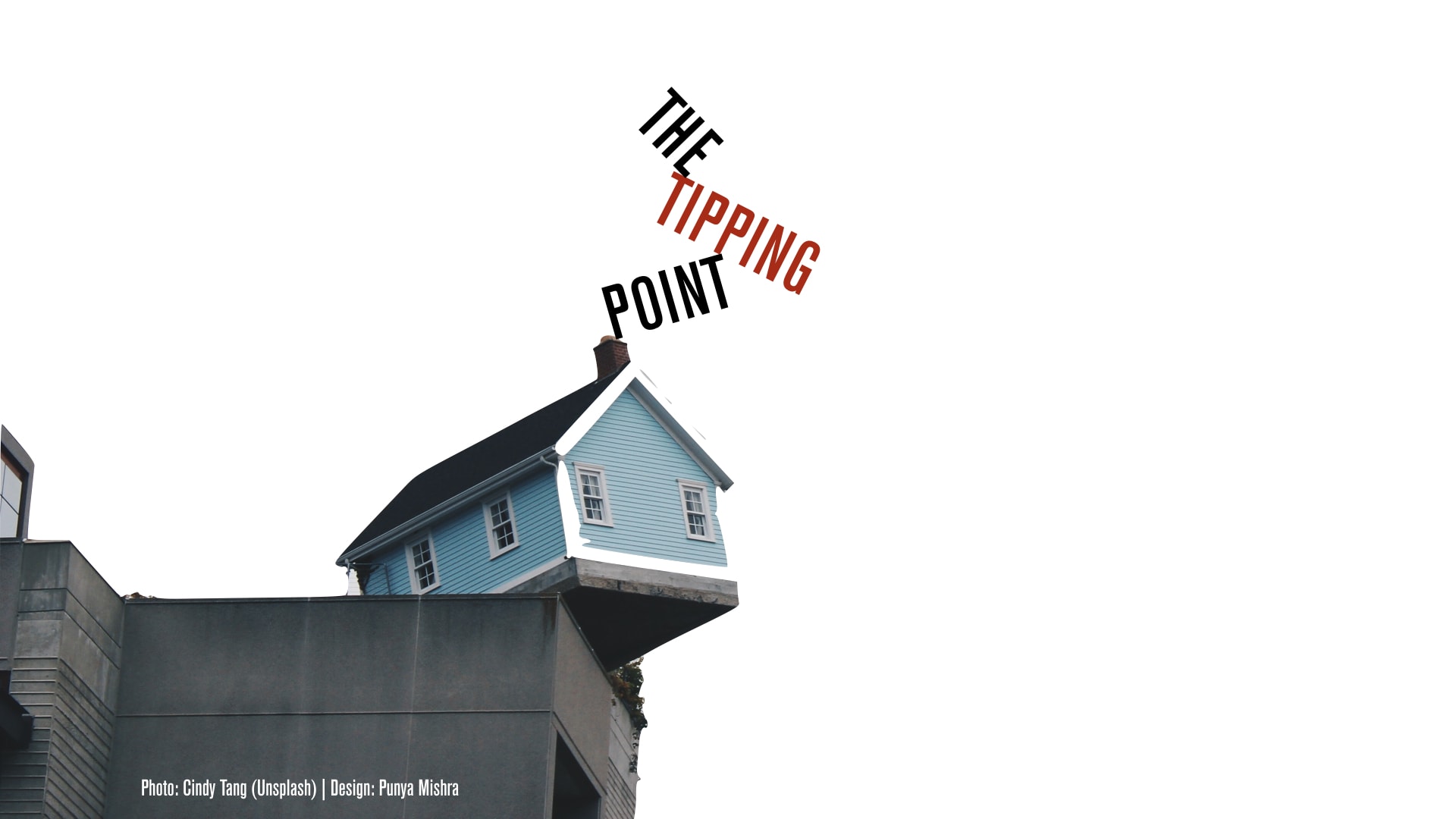The NYTimes has a story today about how higher prices of gas are driving up the demand for online learning. This is a great example of “synergistic” effects between seemingly disparate events that could not have been easily anticipated – but seem to make perfect sense once they do occur. This is similar to the trend we are seeing at Michigan State as well. Our online master’s program is booming while our face to face, evening classes languish.
What was somewhat bothersome to read in the article were these statements by students that clearly seemed to imply that online was somehow inferior to the “real thing,” face to face. For instance, here’s one: “I don’t feel I get as much out of an online class as a campus course,” Ms. Miller said. “But I couldn’t afford any other decision.” Such sentiments are echoed by a couple of people in the article. Such sentiments are not new. I hear statements like the above quite often. I remember a higher-education delegation from Pakistan I met a few months ago – where the inferiority of online learning was just taken as a matter of fact.
Now, I am not arguing that all online learning is good – not at all. I am sure most of it is pretty bad, or at the best mediocre. But I also think that most face to face learning is pretty bad too, it is just that we are more accustomed to it. This can be seen as an instance of the Pareto Principle (see Wikipedia article here) or the 80:20 rule. Another way of phrasing it was provided by Theodore Sturgeon, the science fiction writer (in what is often known as Sturgeon’s Law) that “Ninety percent of everything is crap” and that is true of both face to face and online learning.
So I often respond to a question such as “can online learning be as good as face to face learning?” by flipping it around and asking “can face to face learning be as good as online learning?” The idea being that comparing one to the other may be the wrong question to ask. What we need to look at instead are the differing potentials and possibilities of each of these – and develop strategies that utilize the best of both rather than set up these rather tiresome black and white contrasts. This sensitivity to affordances and constraints of different technologies (face to face classrooms are a kind of technology as well) is at the heart of our TPACK framework.
Matt Koehler and I have written (and often spoken) about instructional strategies that are possible in online contexts that just are difficult (if not impossible) to pull off in a face to face context (see our 2008 AERA presentation for some examples). Thus blended or hybrid strategies may be the way to go (as we do in our summer teaching for the masters in educational technology program, which consists of 2 weeks of intense face to face interaction followed by 4 weeks of online work). But again, we also teach courses that are fully online (such as my Learning Technology by Design, CEP817 class, as well as the ATT award winning undergraduate course, Reflections on Learning aka TE150). Both these courses had been taught face to face but had to be completely overhauled, top to bottom, for the new medium. This is because, as we never tire of saying, good teaching lies at the intersection content, technology and pedagogy – and there is no one solution that would work for all contexts. Changing one of the three forces us to consider changes in the other two!




I love online course. Question can be asked after reading the document carefully, organizing all the need-to-ask questions then sending email to the teacher/tutor. Let him/her answer the question comrehensively, organized and on focus.